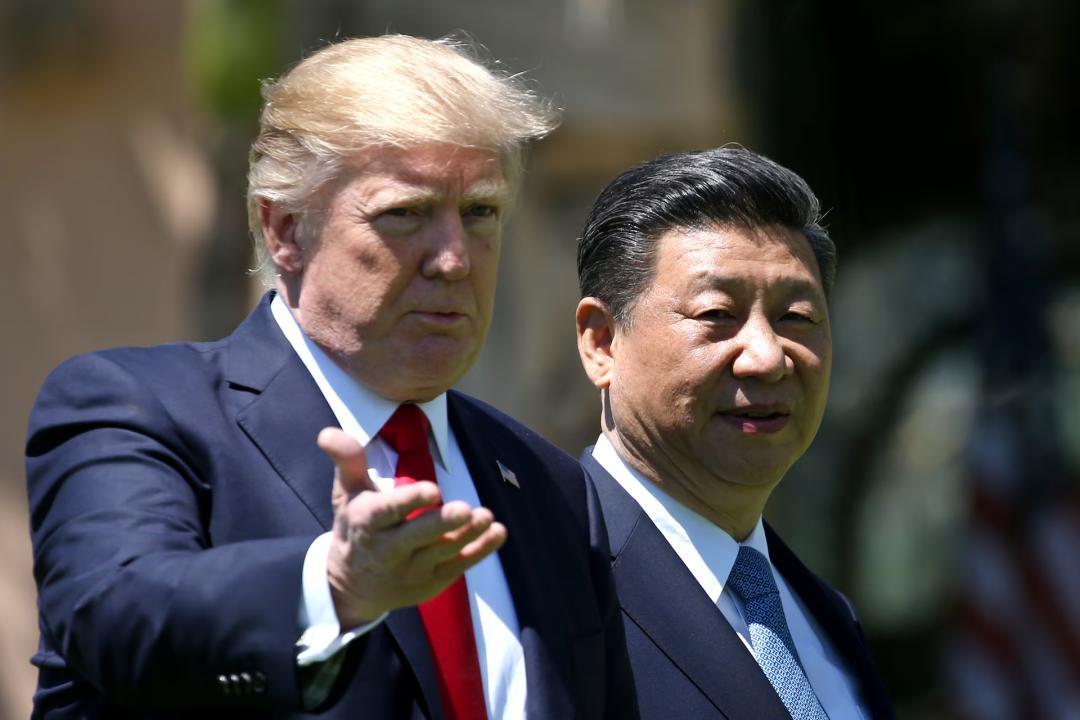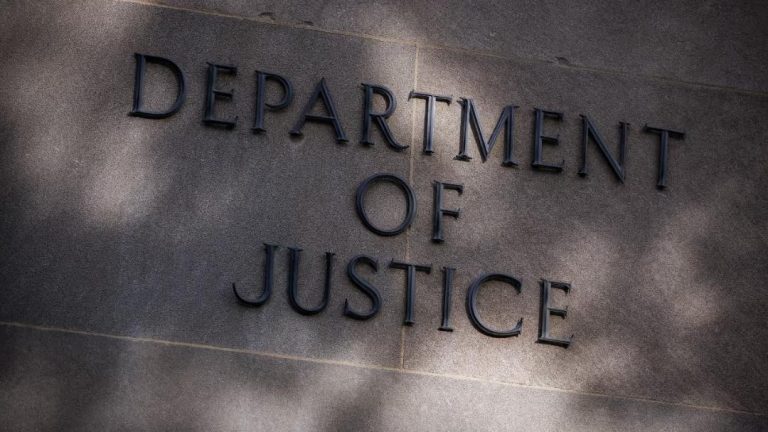
Trump Extends Tariff Deadline for China by Another 90 Days
In a move that has sent shockwaves through the global economy, US President Donald Trump has signed an executive order extending the China tariff deadline by another 90 days. The decision comes just hours before higher tariffs were due to take effect, halting the planned increase in US tariffs on Chinese goods and Chinese tariffs on US goods.
According to the White House, the extension will keep current rates at 30% for US tariffs on Chinese goods and 10% for Chinese tariffs on US goods. The move marks a significant reversal of the planned tariff hike, which was set to take effect on August 23.
The news has been met with a mixed reaction from analysts and investors, with some hailing the move as a welcome reprieve from the escalating trade tensions between the two economic powers. Others, however, have expressed concerns that the extension may only delay the inevitable, as the underlying issues that led to the trade war in the first place remain unresolved.
The tariff deadline extension is the latest development in the ongoing trade war between the US and China, which began in 2018. The conflict has seen both sides impose tariffs on each other’s goods, with the US imposing tariffs on over $360 billion worth of Chinese goods and China retaliating with tariffs on over $110 billion worth of US goods.
The planned tariff hike was a key aspect of the trade war, with the US looking to increase tariffs on Chinese goods from 25% to 30% and China set to increase tariffs on US goods from 10% to 125%. The move was seen as a major escalation in the trade war, with many fearing that it could have significant consequences for the global economy.
The extension of the tariff deadline comes just days after a meeting between Trump and Chinese President Xi Jinping at the G20 summit in Japan. The meeting was seen as a key opportunity for the two leaders to resolve their differences and agree on a way forward.
While the meeting did not result in a full resolution to the trade war, it did see the two leaders agree to a “Phase One” trade deal, which will see China increase its purchases of US agricultural products and the US delay the implementation of new tariffs on Chinese goods. The deal was seen as a significant breakthrough, but many analysts have expressed concerns that it may not be enough to fully address the underlying issues that led to the trade war.
The extension of the tariff deadline will likely be seen as a welcome reprieve by many businesses and investors, who have been struggling to cope with the effects of the trade war. However, it is unlikely to address the underlying issues that led to the conflict in the first place, and many will be looking to see what happens next in the ongoing trade negotiations between the two countries.
In a statement, the White House said that the extension of the tariff deadline was a “good step forward” and that the administration was “making progress” in its trade negotiations with China. However, the statement also warned that the US would not hesitate to take further action if necessary, saying that “we will continue to take bold action to protect American workers and farmers”.
The news has been met with a mixed reaction from analysts and investors, with some expressing relief that the tariff deadline has been extended. However, others have expressed concerns that the move may only delay the inevitable, as the underlying issues that led to the trade war remain unresolved.
“It’s a good step forward, but it’s not a game-changer,” said Arianna Sukarna, a senior economist at Moody’s Analytics. “The underlying issues that led to the trade war are still there, and we need to see more progress on those in order to resolve the conflict.”
Others have expressed concerns that the extension of the tariff deadline may have unintended consequences, such as encouraging China to delay its own reforms and negotiations.
“This is a classic case of kicking the can down the road,” said Scott Kennedy, a senior adviser at the Center for Strategic and International Studies. “China may see this as an opportunity to delay its own reforms and negotiations, which could make it harder to resolve the trade war in the long run.”
Despite the mixed reaction, the extension of the tariff deadline will likely be seen as a welcome reprieve by many businesses and investors. However, it is unlikely to address the underlying issues that led to the conflict in the first place, and many will be looking to see what happens next in the ongoing trade negotiations between the two countries.
Source






